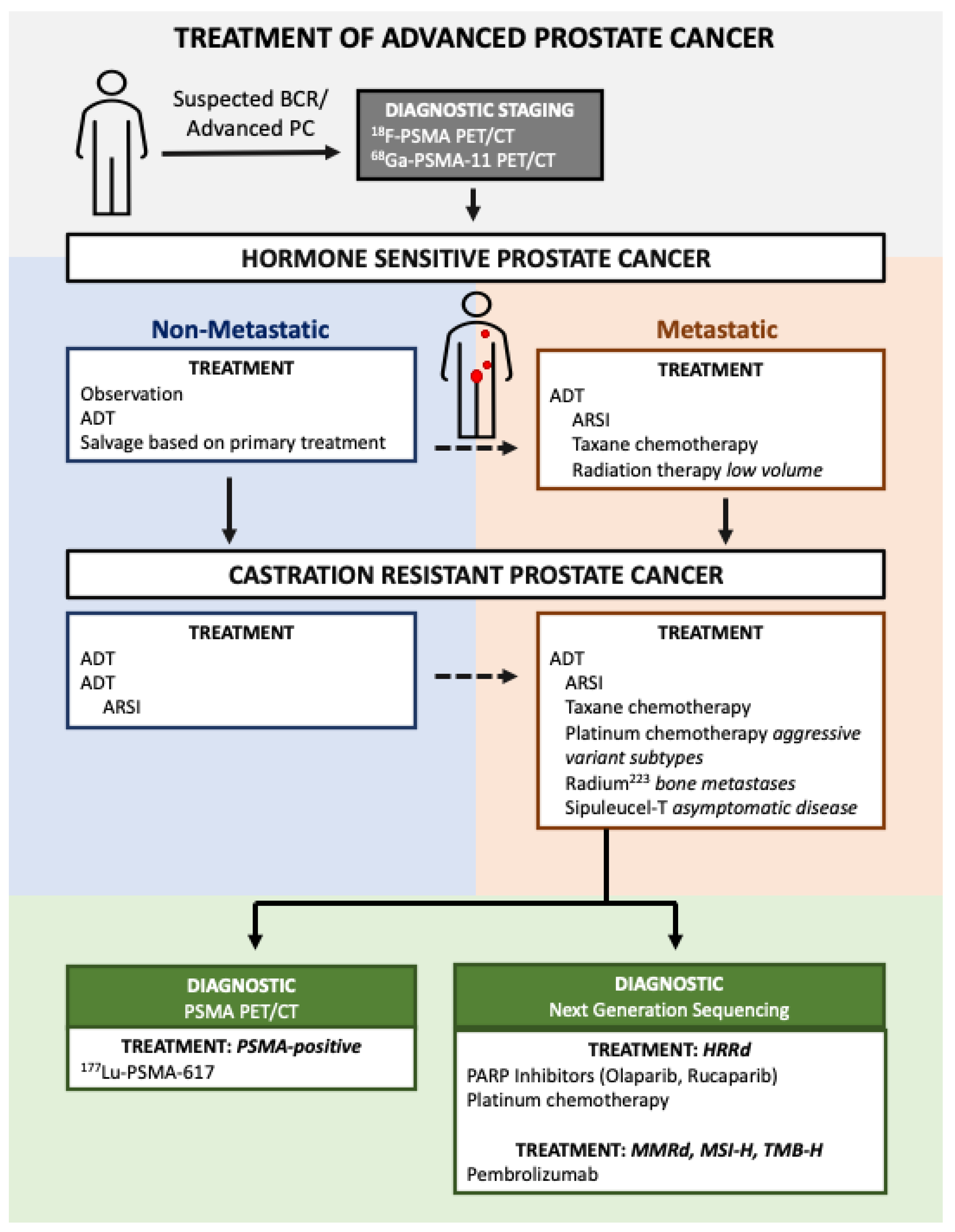The smart Trick of Best Prostate Cancer Doctor That Nobody is Discussing
Wiki Article
Prostate Cancer Cells Treatment: Surgical and Non-Surgical Approaches Explained
When faced with a prostate cancer diagnosis, the selection of treatment options can seem frustrating. This extensive review aims to lose light on the intricacies of prostate cancer cells treatment, offering understandings right into the ins and outs of each strategy to empower individuals in making educated options regarding their wellness.Surgical Therapy Options
When taking into consideration medical treatment options for prostate cancer, patients and medical care companies commonly consider the benefits and risks connected with different treatments. This procedure is frequently suggested for people with localized prostate cancer and supplies the potential for a remedy.
Another surgical choice is robotic-assisted laparoscopic prostatectomy, a minimally invasive treatment that makes use of a robot system to aid the surgeon in removing the prostate. This technique can cause much less blood loss, much shorter health center remains, and faster recuperation times compared to traditional open surgery. However, it likewise carries the threat of problems such as infection and injury to bordering organs.
Eventually, the option of surgical treatment for prostate cancer relies on different factors including the phase of the cancer, the person's general health, and their choices regarding prospective adverse effects and recuperation times. Consulting with a multidisciplinary team consisting of urologists, oncologists, and radiation oncologists can aid clients make educated decisions concerning the most appropriate medical approach for their private instance.

Non-Surgical Treatment Choices
Taking into consideration alternatives to medical treatments, non-surgical treatment options for prostate cancer cells offer individuals additional opportunities for taking care of the disease while reducing possible surgical dangers. One non-surgical technique is Energetic Surveillance, where people with low-risk prostate cancer are checked closely with routine exams, blood tests, and biopsies, without undergoing instant therapy. This technique intends to avoid unnecessary therapy and its affiliated side impacts, such as urinary incontinence and erectile disorder.Another non-surgical alternative is Radiation Treatment, which uses high-energy rays to eliminate cancer cells (Best prostate cancer hospital in Mumbai). This treatment can be provided on the surface making use of an equipment (Outside Light beam Radiation) or inside through small radioactive pellets put near the lump (Brachytherapy) Radiation therapy can be used as a main therapy or in mix with various other treatments, such as hormone therapy
Additionally, Hormone Therapy is a non-surgical technique that aims to reduce the degrees of male hormones (androgens) in the body, as these hormonal agents can sustain the development of prostate cancer cells. By obstructing or lowering androgen levels, hormonal agent treatment can slow down cancer cells development and soothe signs and symptoms in sophisticated cases.
Robotic-Assisted Surgery for Prostate Cancer Cells

One of the essential advantages of robotic-assisted surgery for prostate cancer cells is its ability to reduce the risk of issues and side impacts frequently linked with open surgical treatment, such as blood loss, pain, infection, and expanded recovery times. In general, robotic-assisted surgical treatment represents an advanced technique to prostate cancer cells therapy that combines technological developments with surgical knowledge to optimize patient outcomes.
Radiation Treatment for Prostate Cancer
Making use of advanced radiation modern technology, radiation treatment plays an important role in the detailed treatment of prostate cancer cells. Radiation therapy makes use of high-energy radiation to destroy cancer cells and diminish growths. It is an usual treatment alternative for prostate cancer, either as a main therapy or in combination with surgical procedure, hormone treatment, or chemotherapy.There are 2 major kinds of radiation treatment used for prostate cancer: external beam of light radiation therapy (EBRT) and brachytherapy. These seeds send out radiation that eliminates the cancer cells over time.
Radiation therapy for prostate cancer is highly effective, with high cure rates, especially for localized cancer. It is also a useful choice for individuals that might not be ideal prospects for surgical procedure. Like any kind of therapy, radiation treatment may have side impacts, such as urinary system issues, exhaustion, and skin irritability, yet these are usually short-term and workable.
Hormonal Agent Treatment for Prostate Cancer
Hormonal agent therapy is a commonly made use of therapy method for prostate cancer cells administration. Hormone treatment, also recognized as androgen deprivation treatment, aims to reduce testosterone degrees in the body or block the hormonal agent's effects on the prostate cancer cells, hence slowing down the condition's progression.There are various types of hormonal agent therapy for prostate cancer, consisting of medications that reduced testosterone levels (such as luteinizing hormone-releasing hormone agonists and villains), or medications that obstruct testosterone from getting to cancer cells (like anti-androgens) Hormone treatment can be used alone or in mix with various other treatments like radiation treatment, depending upon the phase and aggressiveness of the cancer cells.
While hormone treatment can effectively manage prostate cancer cells growth, it might feature adverse effects such as warm flashes, loss of sex drive, erectile dysfunction, and weakening of bones - best prostate surgeon in Mumbai. Regular tracking and conversations with healthcare carriers are essential to handle these side results and ensure the treatment's performance
Final Thought
To conclude, the therapy reference options for prostate cancer include medical and non-surgical methods such as robotic-assisted surgical treatment, radiation treatment, and hormonal agent therapy. Each method has its own advantages and threats, and the selection of therapy depends on various elements such as the stage of cancer and general health and wellness of the individual. It is very important for patients to talk about these choices with their health care carrier to establish one of the most ideal training course of activity for their specific scenario.
Making use of sophisticated radiation technology, radiation treatment plays an essential duty in the detailed treatment of prostate cancer cells. It is a common treatment alternative for prostate cancer cells, either as a key treatment or in mix with surgical treatment, hormonal agent treatment, or chemotherapy.
Radiation therapy for prostate cancer is very reliable, with high treatment rates, especially for local cancer cells.Hormone treatment is a frequently made use of therapy strategy for prostate cancer administration.In conclusion, the therapy choices for prostate cancer cells include medical and non-surgical strategies such as robotic-assisted surgery, radiation treatment, and hormone treatment.
Report this wiki page